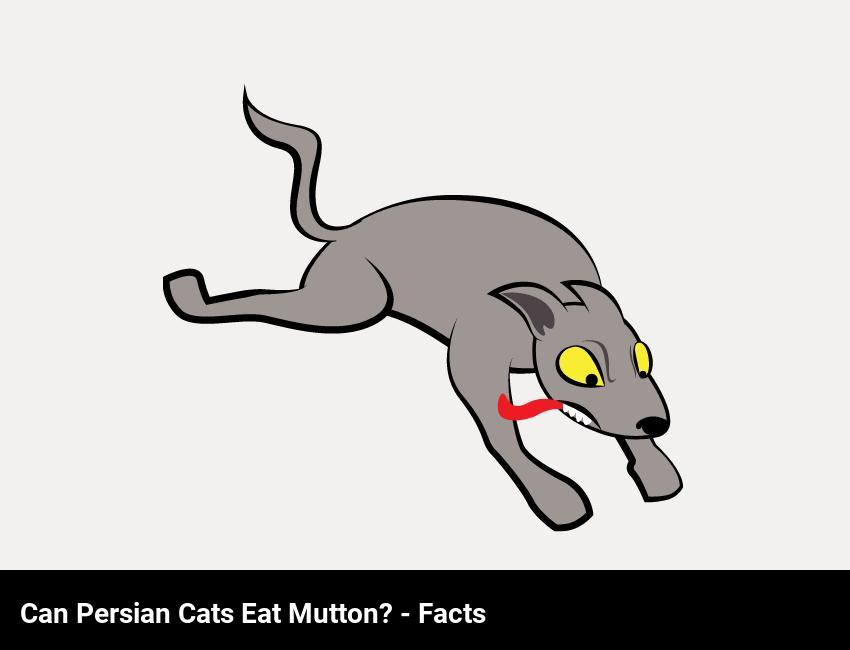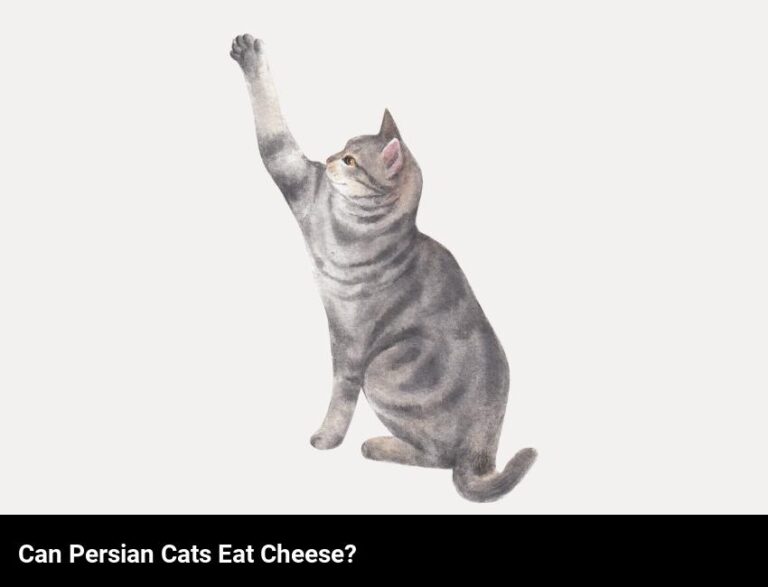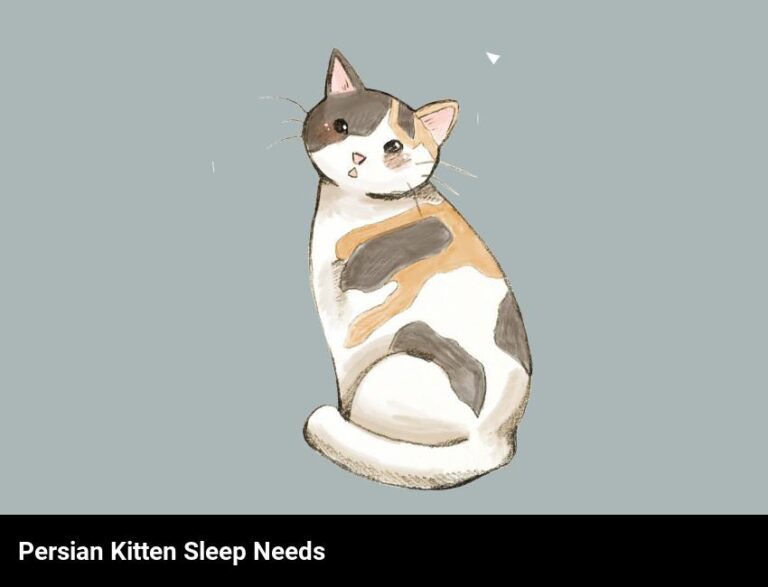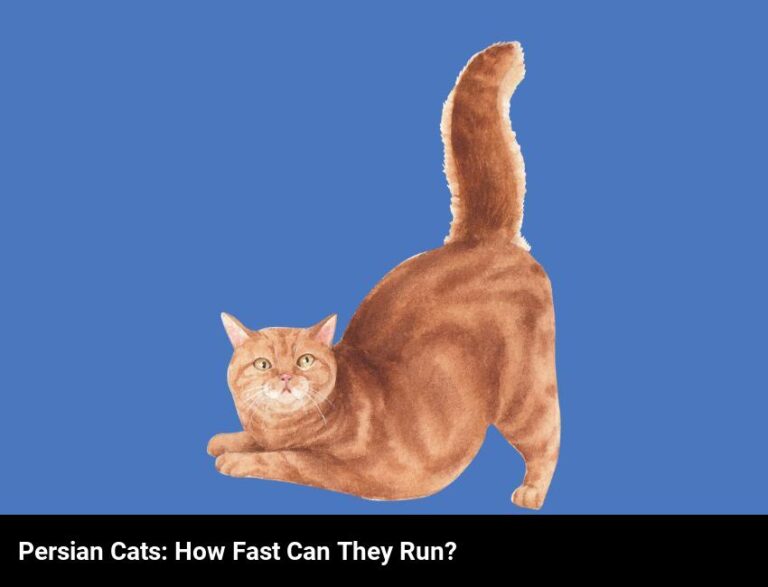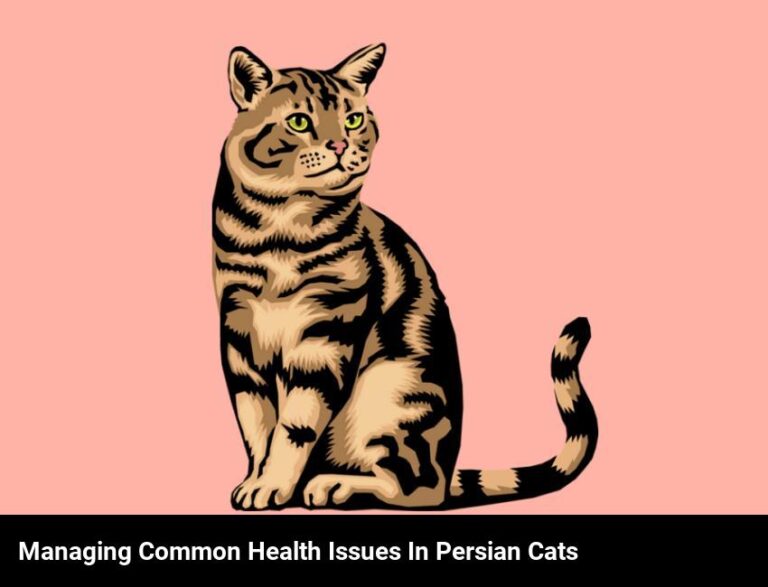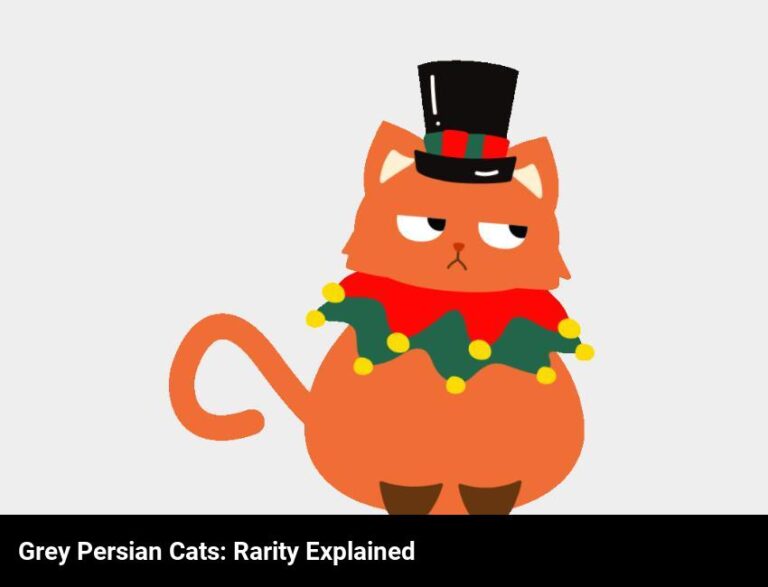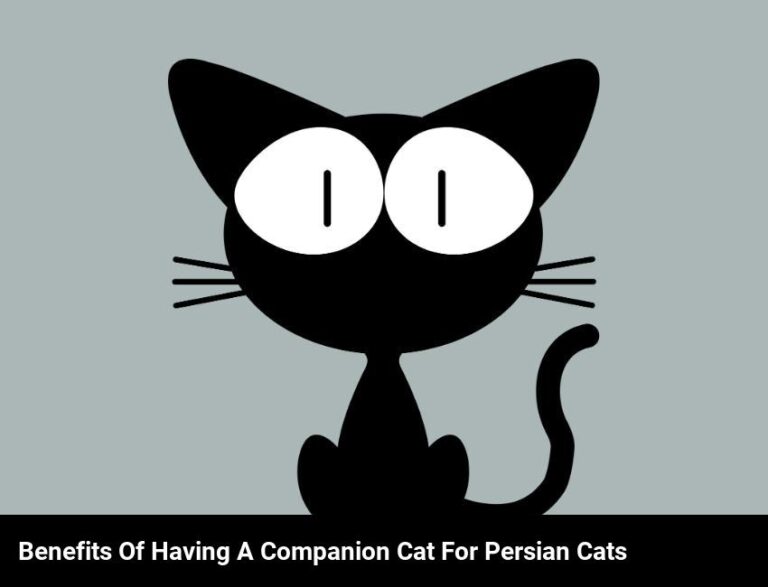Can Persian Cats Eat Mutton? – The Facts
Yes, Persian cats can eat mutton. Mutton is a great source of protein and other essential nutrients for cats. It is important to provide mutton in moderation and only as a treat.
For a long time, I’ve been curious about what my beloved Persian cat should and shouldn’t eat. As a pet owner, it’s important for me to understand what types of food are suitable for my cat, and what types of food should be avoided. Recently, I’ve been hearing a lot about feeding Persian cats mutton. Can they really eat it? What are the potential benefits and risks? In this blog, I’ll be exploring the facts around feeding Persian cats mutton. We’ll be discussing what a Persian cat is, what their typical diet looks like, whether mutton is a good fit, what nutrients it provides, potential risks, and tips for feeding mutton to Persian cats.
What is a persian cat?
Are you curious about Persian cats? Well, you’re in luck! Persian cats are one of the oldest and most recognizable breeds of cats. They are known for their long, luxurious coats, round faces and expressive eyes. Persian cats come in a variety of colors and patterns, ranging from solid white to calico, and everything in between. They have a sweet, gentle personality and are very loyal and affectionate to their owners. Persian cats are a great choice for those looking for a low-maintenance pet.
When it comes to their diet, Persian cats have a healthy appetite. While they don’t need a special diet, they should be fed a good quality cat food that is specifically formulated for their age and activity level. Persian cats can eat a variety of different proteins, fruits, vegetables and grains. As far as mutton is concerned, Persian cats can eat it in moderation, as long as it’s cooked and served to them in small amounts. As with any other food, always consult with your vet before introducing anything new to your cat’s diet.
What does a persian cat’s diet typically consist of?
When it comes to the diet of a Persian cat, the answer is quite simple: it should consist primarily of high-quality, nutritionally-balanced cat food. This should be supplemented with occasional treats of cooked, unseasoned meats like chicken, beef, and white fish, as well as cooked vegetables like broccoli and carrots.
But what about mutton? Can Persian cats eat mutton safely, or should it be avoided? The answer is yes, Persian cats can eat mutton – but it should be served only in moderation. Mutton is high in fat, so it should be given only in small amounts as an occasional treat. It should also always be cooked thoroughly to avoid any potential food safety risks.
In addition to providing your Persian cat with nutritionally-balanced cat food and occasional treats of cooked, unseasoned meats and vegetables, it’s also important to make sure your cat has access to fresh, clean water at all times. This will help to ensure your Persian cat stays healthy and hydrated.
Finally, it’s important to note that feeding your Persian cat the wrong foods can lead to health issues. If you have any doubt about what foods your Persian cat should and shouldn’t eat, it’s best to consult your veterinarian for advice. With the right diet and plenty of love, your Persian cat will be sure to thrive.
Is mutton a good fit for a persian cat’s diet?
Absolutely! Mutton is a great choice for a Persian cat’s diet. Persian cats need a high-quality protein source to keep their coats healthy and shiny, and mutton provides that. Not only does it provide a good source of protein, but it also has other essential nutrients. Mutton is packed with essential fatty acids, vitamins, and minerals that can help keep your Persian cat healthy and happy. Plus, it has a great taste that your cat will love.
Mutton is also a great choice for Persian cats because it’s very low in fat and calories. This means that your cat won’t have to worry about consuming too many calories while still getting all the essential nutrients they need. As an added bonus, mutton is also easy to digest, making it a perfect choice for cats with sensitive stomachs.
When it comes to serving mutton to your Persian cat, it’s important to remember that it should always be cooked. Raw meat can contain harmful bacteria, so it’s important to make sure that the mutton is cooked thoroughly before serving. You can also mix in some vegetables or fruit to make sure your cat is getting the right balance of vitamins and minerals.
Overall, mutton is an excellent choice for Persian cats. It provides essential nutrients, is low in fat and calories, and is easy to digest.
What nutrients does mutton provide and what are the potential benefits?
Yes! Mutton is a great source of nutrients that can benefit your Persian cat’s health. Here’s what you need to know:
- Protein: Mutton provides high-quality protein, which helps to build and maintain muscle mass and other body tissues.
- Omega-3 Fatty Acids: Mutton contains omega-3 fatty acids, which can reduce inflammation, improve your cat’s skin and coat, and support overall joint health.
- Vitamin B12: Mutton is an excellent source of vitamin B12, which helps to boost your Persian cat’s energy levels and keep their nervous system functioning properly.
- Selenium: Selenium is an important mineral for cats and mutton is an excellent source of it. Selenium helps to boost your cat’s immune system and protect them from disease.
- Iron: Iron is essential for a healthy red blood cell count, and mutton provides a good source of this mineral.
Not only does mutton provide essential nutrients, it’s also a tasty and enjoyable treat for your Persian cat.
What are some tips for feeding mutton to persian cats?
If you’re wondering if your Persian cat can eat mutton, the answer is yes! Mutton is a great source of protein for cats, and it can provide some variety to your cat’s diet. Here are some tips for feeding mutton to your Persian cats:
- Make sure you’re buying high-quality mutton. You want to make sure the meat is fresh and free of bacteria.
- When introducing mutton to your Persian cat, start with small amounts. You don’t want to overwhelm your cat with a large amount of food. Start with a teaspoon and gradually increase the amount over time.
- Keep an eye on your cat when they’re eating mutton. Some cats may have an adverse reaction to certain kinds of meat. If you notice any changes in your cat’s behavior, stop feeding them mutton and talk to your vet.
- Consume the mutton within three to five days. Since mutton is a fresh meat, you want to make sure it doesn’t spoil.
- Make sure your Persian cat is getting enough water when they’re eating mutton. The meat can be quite high in fat, so it’s important to keep your cat hydrated.
- Don’t feed your Persian cat mutton every day. You want to make sure your cat is getting a variety of proteins in their diet.
By following these tips, you can safely feed mutton to your Persian cats. It’s important to keep an eye on your cats when introducing new foods, and to make sure you’re buying high-quality mutton.
Are there any potential risks or side effects in feeding a persian cat mutton?
Yes, there are potential risks and side effects associated with feeding a Persian cat mutton. As with any type of meat, raw mutton can contain harmful bacteria and parasites, which can make your cat sick. Furthermore, mutton is not considered a complete and balanced diet for cats and can lead to nutritional deficiencies if fed regularly.
Another potential problem is that mutton is an especially fatty meat, and Persian cats are already prone to obesity. If you feed your cat mutton regularly, it can cause your cat to become overweight, which can lead to a variety of health issues.
Finally, some cats may be sensitive to the high fat content in mutton, leading to digestive upset and loose stools. If your cat experiences any of these issues after eating mutton, it is best to switch to a different type of meat or a commercial cat food.
In general, it is best to err on the side of caution and avoid feeding your Persian cat mutton. If you do decide to feed your cat mutton, it should be cooked and only offered as an occasional treat. Keep an eye out for any potential side effects, and make sure to provide your cat with a balanced diet.
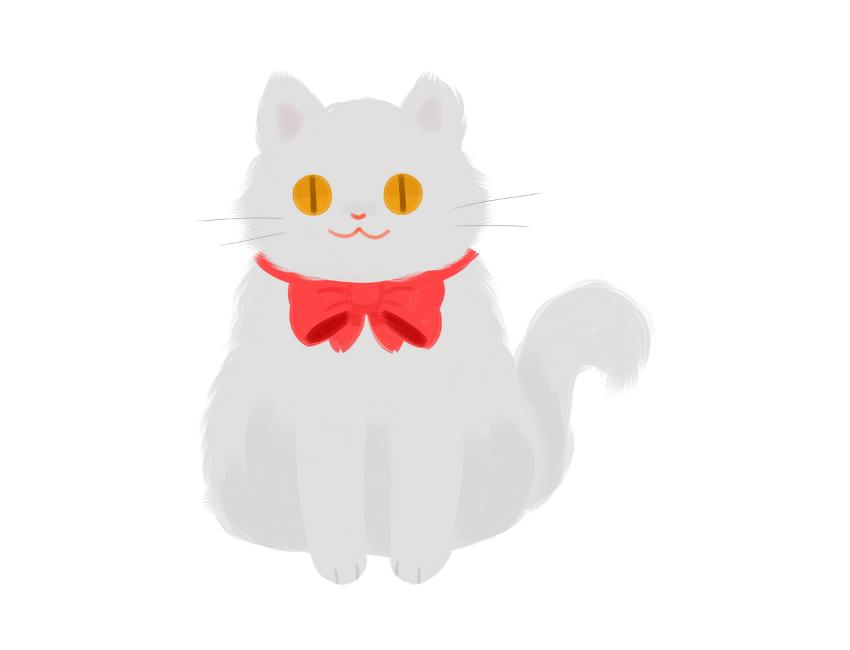
Frequently Asked Questions
Are there any risks associated with persian cats eating mutton?
Yes, there are risks associated with Persian cats eating mutton. Persian cats are obligate carnivores, meaning their bodies are designed to digest only animal protein and fat. Eating fatty mutton can upset their sensitive digestive systems, leading to vomiting, diarrhea and even pancreatitis. It is important to only feed your Persian cat a nutritionally balanced cat food designed for their specific needs.
How much mutton should be fed to persian cats?
When feeding Persian cats mutton, it is important to make sure you do not overfeed them. A good general rule is to feed them no more than 1-2 ounces of mutton per day. It should also be given as an occasional treat, rather than as a regular part of their diet.
Does mutton provide any health benefits for persian cats?
Yes! Mutton is a great source of protein and essential nutrients for Persian cats. It contains omega-3 fatty acids, which help keep your cat’s coat healthy and shiny, and it also contains vitamins A and B, which support your cat’s immune system and eye health. Mutton can also provide your Persian cat with an energy boost, helping to keep them active and healthy.
What is the best way to prepare mutton for persian cats?
The best way to prepare mutton for Persian cats is to cook it thoroughly and cut it into small, bite-sized pieces. Serve it warm and make sure to remove all bones, as these can be a choking hazard. Additionally, you should limit the amount of fat and avoid seasonings and sauces. Persian cats can enjoy the occasional treat of mutton, but it should not be a regular part of their diet.

